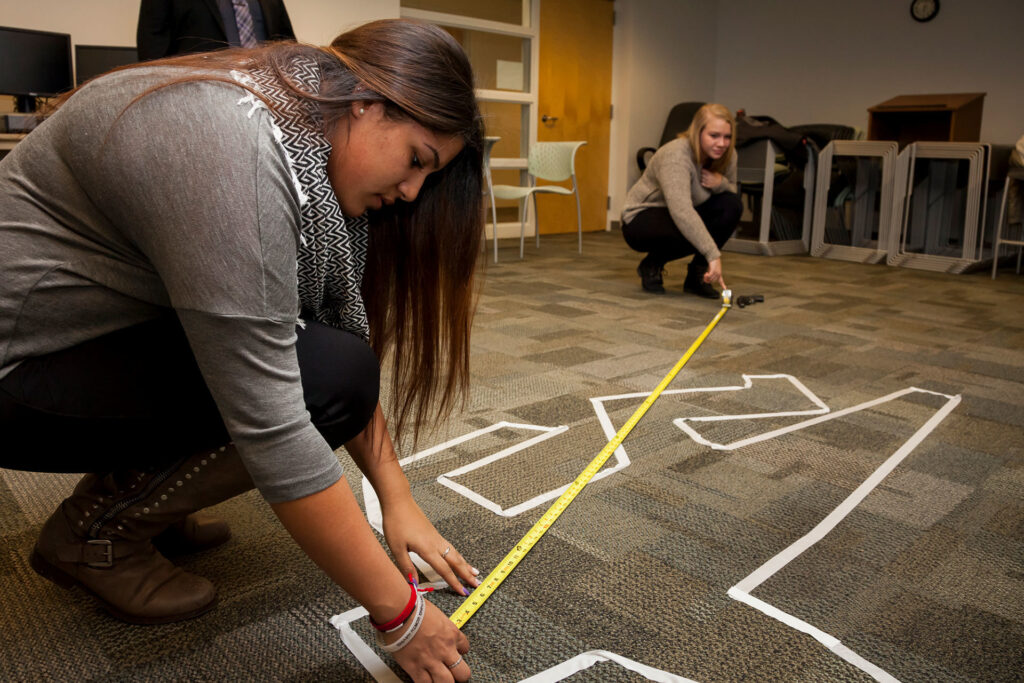The criminal justice system is designed to maintain order, ensure public safety, and uphold justice. Central to this system is the concept of bail—a mechanism allowing accused individuals to be released from custody until their court appearances, under the assurance that they will return. However, within this sphere of bail, there’s often a muddled understanding of two key figures: bail bondsmen and bounty hunters. While both play pivotal roles in ensuring that the accused face their day in court, they operate from different standpoints, leading to widespread confusion about their distinct functions.
This article seeks to demystify the roles of bail bondsmen and bounty hunters, examining their unique yet interconnected responsibilities within the criminal justice system. The purpose is to offer clarity and provide readers with an accurate understanding of each profession and demonstrate the importance of their roles in upholding the principles of justice.
What Are Bail Bonds and How Do They Work?

Bail bonds allow accused individuals to secure temporary freedom while awaiting trial. Bail is a set amount determined by the court, which, when deposited, guarantees the defendant’s return for court proceedings. However, due to the often steep amounts, many individuals cannot afford to pay this sum out of pocket. This is where a bail bondsman steps in. They offer to pay the bail amount for the defendant in exchange for a fee, usually a percentage of the total bail. If the defendant appears in court as promised, the court returns the bail money to the bondsman, who retains their fee as profit. Conversely, if the defendant absconds, the bondsman stands to lose the deposited amount, prompting them to ensure the defendant’s appearance by any means, sometimes involving bounty hunters.
Who Are Bail Bondsmen?
Bail bondsmen act as intermediaries between the court and defendants unable to afford their set bail amounts. Their primary role is to provide financial assistance by covering the bail, thereby ensuring a defendant’s temporary release while awaiting trial. In return, they charge a fee, typically a fraction of the full bail amount. To operate in this capacity, bail bondsmen must undergo specific training and secure a license, which usually involves meeting certain educational prerequisites, passing an examination, and often maintaining continuing education credits. Their professional relationship is triadic: they provide assurance to the court that the defendant will appear for trial, while offering defendants an avenue to freedom, albeit under the bondsman’s watchful eye. Any failure on the defendant’s part to appear in court jeopardizes the bondsman’s monetary deposit, making their stake in the defendant’s court appearance both professional and financial.
Who Are Bounty Hunters?

Bounty hunters, often seen as the enigmatic figures of the criminal justice world, have roots stretching back centuries, with early instances documented during the Wild West era where rewards were offered for capturing or killing outlaws. In the modern context, they operate under specific legal parameters, which, depending on the jurisdiction, grant them the authority to track, apprehend, and return fugitive defendants who have skipped bail. The profession demands rigorous training, focusing on skills such as investigation, apprehension techniques, and understanding of legal constraints. Many states require bounty hunters to obtain a license, which often necessitates formal education, passing stringent exams, and maintaining good moral character.
How Do Bail Bondsmen and Bounty Hunters Intersect?
When a defendant, having taken a bond, fails to appear in court, bail bondsmen stand to lose a significant sum. This potential loss activates the role of the bounty hunter, who is contracted to locate and retrieve the errant defendant. The relationship between these two entities is primarily contractual, where the bondsman offers a fee or a percentage of the bail to the bounty hunter upon successful retrieval of the defendant. A notable case that highlights this collaboration is that of Duane “Dog” Chapman, a renowned bounty hunter who tracked and captured serial rapist and fugitive Andrew Luster in Mexico in 2003, bringing him back to face justice in the U.S.
Key Differences between Bail Bondsmen and Bounty Hunters

Job Roles and Daily Duties
Bail bondsmen primarily engage in financial services, providing funds to defendants who cannot afford their set bail, ensuring their temporary release from custody. Their day might involve evaluating the risk of various clients, handling paperwork, or liaising with the courts. Conversely, bounty hunters are typically on the move, tracking down defendants who have skipped their court dates, ensuring they face justice.
Legal Rights and Boundaries
While bail bondsmen operate within the realm of financial agreements and have no authority to arrest or detain individuals, bounty hunters possess a unique set of legal rights. In many jurisdictions, they can enter a fugitive’s property without a warrant, make arrests, and use all necessary means to detain bail jumpers. However, their powers vary from state to state, with some locations imposing stricter limitations.
Training, Licensing, and Professional Background
Becoming a bail bondsman often requires formal education, licensing exams, and continuous learning in the ever-evolving legal landscape. Bounty hunters, on the other hand, might undergo specialized training in areas like surveillance, tracking, and apprehension techniques. Licensing requirements for both professions differ by region, but a background in law enforcement or criminal justice can be beneficial.
The relationship between bail bondsmen and bounty hunters highlights the complexity of the justice system and the roles that ensure its smooth functioning. By differentiating between these two professions and dispelling Hollywood-inspired myths, we not only gain clarity but also a deeper appreciation for those working behind the scenes to uphold justice. It’s important to continually educate ourselves, ensuring that our perceptions of such roles are grounded in reality, fostering respect and understanding for their unique contributions.

